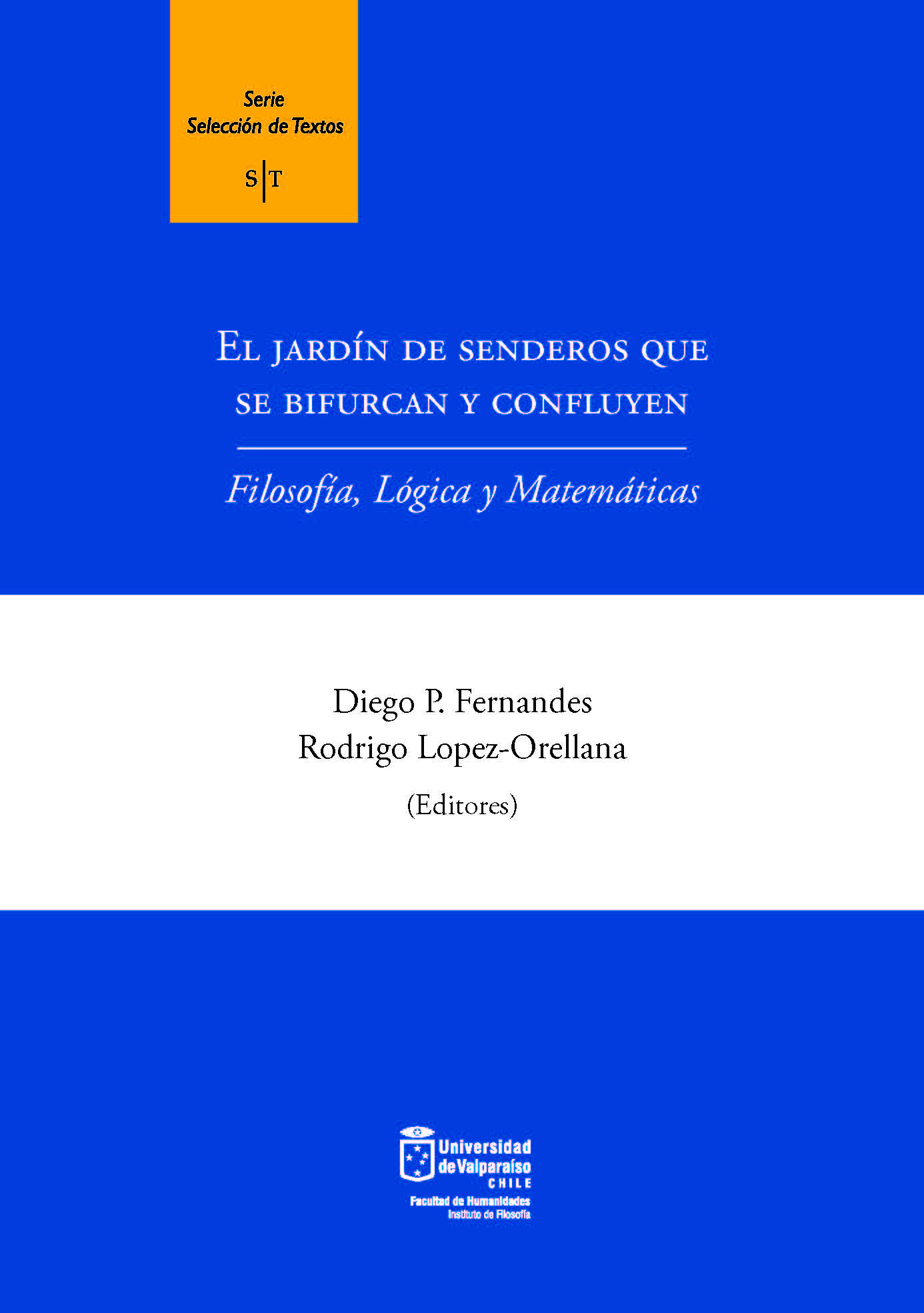The controversy between syntax and semantics in Post, Lewis and Wittgenstein
DOI:
https://doi.org/10.22370/sst.2020.8.4921Keywords:
history of logic, truth tables, protosemantics, completeness, PrincipiaAbstract
In logic, the idea that the syntax and the calculi provide an accuracy and a rigour which is lacking in semantics is relatively common. The purpose of the present paper is to analyze the historical roots of this idea. In that connection, our starting point will be Post’s doctoral dissertation, where soundness and completeness are proved for propositional logic. Truth tables were developed with a cautious attitude towards meanings, which are considered “extraneous” to the formal system. This attitude comes from Lewis, who argued that his “heterodox conception” of logic should be confronted with Principia’s philosophy of mathematics. For this concepction, a formal system is a string of signs which can be manipulated by means of purely syntactic rules. We claim that this point of view is shared not only by Post and Lewis, but also by Wittgenstein. However, the achievement of major metalogical results (like the completeness of first-order logic) will requiere new semantic tools which were mastered in the Hilbert school.
References
Alonso, E. (2013). La completitud como propiedad redundante. Notae Philosophicae Scientiae Formalis, 2:74–86.
Aranda, V. (2019a). Completud débil y Post completud en la escuela de Hilbert. Revista de Humanidades de Valparaíso, 14:449–466.
Aranda, V. (2019b). La verdad lógica en el fragmento proposicional de los Principia y sus implicaciones metalógicas. Andamios. Revista de Investigación Social 41:43–61.
Barker-Plummer, D., Barwise, J., y Etchemendy, J. (2011). Language, Proof, and Logic. Stanford: Center for the Study of Language and Information.
Bernays, P. (1918). Beitrage zur axiomatischen behandlung des logik-kalküls. In Ewald, William y Sieg, W., editor, David Hilbert’s Lectures on the Foundations of Arithmetic and Logic 1917–1933, page 231–269. Dordrecht: Springer.
Boole, G. (1854). An investigation of the laws of thought: on which are founded the mathematical theories of logic and probabilities. Cambridge: MacMillan and Co.
Church, A. (1956). Introduction to Mathematical Logic. Princeton: Princeton University Press.
Frege, G. (1967). Begriffsschrift [1879]. In Van Heijenoort, J., editor, From Fregeto Godel: a Source Book in Mathematical Logic ¨ , pages 1–82. Harvard: Harvard University Press.
Hilbert, D. (1917). Prinzipien der mathematik. In Ewald, W. y Sieg, W., editors, David Hilbert’s Lectures on the Foundations of Arithmetic and Logic 1917–1933, pages 59–219. Dordrecht: Springer.
Hilbert, D. y Ackermann, W. (1928). Grundzuge der theoretischen logik. In Ewald, W. y Sieg, W., editors, David Hilbert’s Lectures on the Foundations of Arithmetic and Logic 1917–1933, pages 809–916. Dordrecht: Springer.
Kleene, S. C. (1974). Introduccion a la metamatemática. Madrid: Tecnos.
Lewis, C. I. (1918). A survey of symbolic logic. Berkeley y Los Angeles: University of California Press.
Manzano, M. y Alonso, E. (2014). Completeness: From Godel to Henkin. History and Philosophy of Logic, 35(1):50–75.
Peano, G. (1906). Additione. Revista de mathematica, 8:143–157.
Post, E. L. (1921). Introduction to a general theory of elementary propositions. In Van Heijenoort, J., editor, From Frege to Godel: a Source Book in Mathematical Logic, page 264–283. Harvard: Harvard University Press.
Post, E. L. (2004). Undecidable propositions. account of an anticipation [1941]. In Davis, M., editor, The Undecidable, pages 338–433. Nueva York: Dover.
Ramsey, F. P. (1925). The foundations of mathematics. In Mellor, D., editor, Foundations, pages 152–212. Londres: Kegan Paul.
Russell, B. (1903). Principles of mathematics. Cambridge: Cambridge University Press.
Russell, B. (1963). Letter to Henkin. In Grattan-Guinness, I., editor, The search for mathematical roots, 1870-1940, page 592–593. Princeton: Princeton University Press.
Schroder, E. (1890). ¨ Vorlesungen uber die algebra der logik volume 1. Leipzig: Druck und Verlag von B. G. Teubner.
Tarski, A. (1933). The concept of truth in formalized languages. In Corcoran, J., editor, Logic, semantics, metamathematics, page 152–278. Indianapolis: Hackett.
Von Plato, J. (2017). The great formal machinery works: Theories of deduction and computation at the origins of the digital age. Princeton: Princeton University Press.
Whitehead, A. N. y Russell, B. (1910). Principia Mathematica, volume 1. Cambridge: Cambridge University Press.
Wittgenstein, L. (1922). Tractatus logico-philosophicus. London: Kegan Paul.
Downloads
Published
How to Cite
Issue
Section
License

This work is licensed under a Creative Commons Attribution-NonCommercial-NoDerivatives 4.0 International License.

